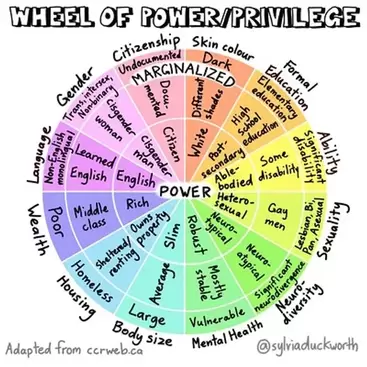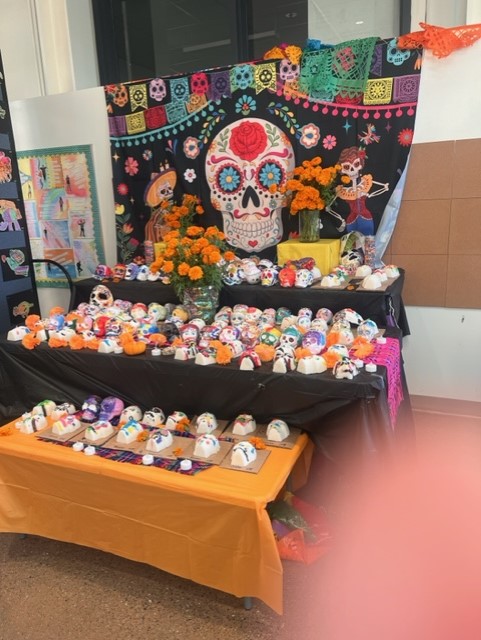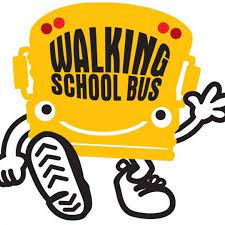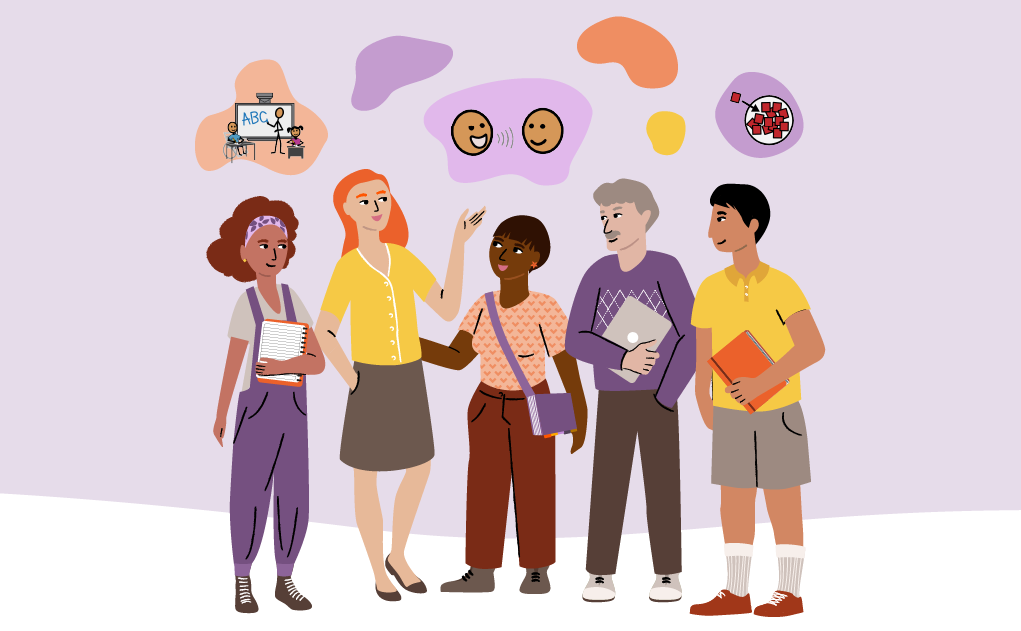Community schools align deeply with Seneca’s values and the UE programs at Seneca are working with many community schools partnerships around the state. In Hayward with the HEART Program (Hayward Empowering Advocacy and Radical Transformation), Behavior Intervention Specialist Mickey Gant, has joined the community schools partnership team at Longwood Elementary School. The team has representatives from the Longwood community, a student, school staff, 2 local agencies (including Mickey at Seneca), and the district. The goal is to engage in collaborative practices to best support the Longwood students and families. Mickey shares:
“Being apart of the community schools team at Longwood is an opportunity that I feel very fortunate to have and working on this team with members who are so passionate about serving youth has been so fulfilling. There are so many variables to consider when thinking about how a student learns or how they will be most successful while in school, and the work that this team will do will highlight those variables and show how important it is that we as a community shape our future leaders.” Mickey continues, “The team is currently working on looking deeper into our Capacity-building strategies at our site. We’ve developed a rubric to help with self-assessing where our school currently lands on our growth stages and the work that is necessary to get to the growth stage of a transformational Community Schools Team.” |
















 RSS Feed
RSS Feed